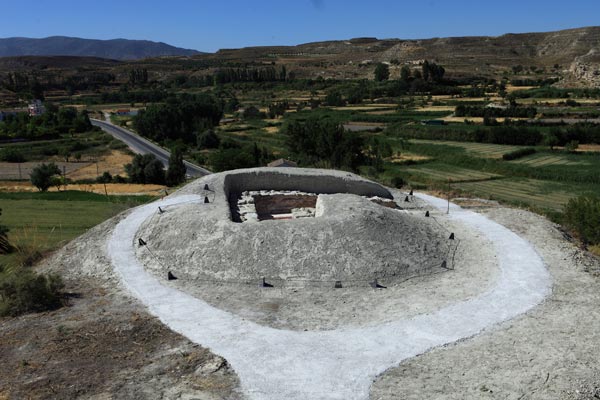The transnational thematic products of TRAMES will represent the direct output of the Route’s innovation strategy on:
a) Creativity and Creative Tourism – enphasising the value of the experiential, emotional and sensorial element, that make the consumer the absolute protagonist of a narrative built specifically for him. The tourism experience is not an end in itself, it is not passive and does not end at the same moment in which it is carried out. We propose a concept of tourism that offers visitors the opportunity to develop their creative potential through the participation in educational activities and experiences, features of the holiday destination where they travel;
b) Heritage Pedagogy – development of a new creative narrative (storytelling and storydoing, heritage interpretation) using the local register and narrative culture, focusing on memory and identity to promoting the direct involvement of users;
c) Creation of innovative edutainment technologies as tools to engage tourists and promote, with the active involvement of local communities, both the tangible and intangible heritage of the destination, encouraging the creation of a new form of tourism where both the tourist and the community take an active part in shaping and creating the tourist experience;
d) Gamification as a way to attract, engage and educate visitors on cultural heritage, give destinations a global visibility, encourage users to interact with the places and their cultural and natural heritage;
e) Internationalization – identification of the most active local stakeholders (publics and privates) for the promotion of heritage and tourist offer within the International Network of the Phoenicians’ Route, which is able to offer large international visibility through the implementation of creative and communication best practices;
f) Deseasonalisation – the innovative methodology allows to shift from a destination tourism to a motivation tourism which is not linked to seasonality;
g) Sustainability and involvement of local communities (community tourism) with positive effects on employment at local level, by developing new professional skills in currently vacant roles and renforce SMEs.
Furthermore, the project intends to strengthen the intercultural mediterranean dialogue recreating a Mediterranean community (koiné) with real power and resource.



